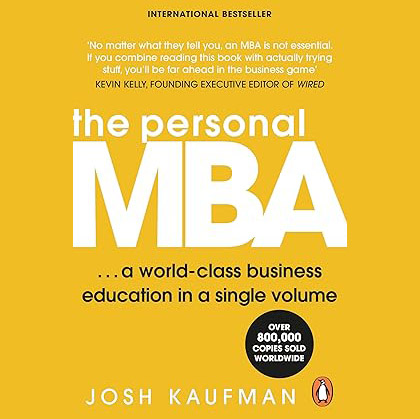How Action Learning has always helped navigate change and uncertainty
Origins of Action Learning
The origins of Action Learning are a fascinating story
University of Liverpool’s archives document how Action Learning was developed in the 1940s by British management consultant and Professor Reg Revans (1907-2003), as a learning philosophy. Prof Revans was influenced by his early training as a physicist at Cambridge University where he would observe Nobel-prize winning scientists meeting weekly. Rather than talking about their individual achievements, the scientists would learn from one another by voicing the challenges and unknowns they were tackling.
Revans applied this approach to help coal pit managers solve their work related problems and that led to a surge in productivity. He later turned the insights gained by him into a management practice called ‘Action Learning’ which could be applied to all organisations in general. This led to companies like Samsung, General Electric, Heineken and Boeing use ‘Action Learning’. Revans however never defined ‘Action Learning’ in a formal or rigorous way

‘Action Learning’ is where True Learning Happens
‘Action Learning’, in practice, shows how true learning takes place when we test ideas through action and then reflect on what worked and what did not.
In what is a continuous cycle, effective learning happens when we do it by:
Knowing -> Testing through action -> Reflecting on how one did -> Learning
This is the essence of ‘Action Learning’
Management thinker Charles Handy explains this in his book The Age of Unreason. Says Handy: “Best learning happens in real life with real problems and real people.”
Handy argues that when we learn passively, as for example, when we pick up an equation derived by the Professor in a Math class and reproduce it in an exam, it is just transfer of knowledge that doesn’t result in learning. The arrival of search engines and large language models has diminished the value of this kind of transfer, storage and reproduction. ‘Thinking and knowing in action’ in Philosopher Donald Schon’s description, is where worthwhile learning happens.
‘Action Learning’ Can Help Successfully Navigate Change and Thrive in Uncertainty
“Learning” as Handy sums it up pithily “is not finding out what other people already know, but is solving our own problems for our own purposes, by questioning, thinking and testing until the solution is a new part of our life. Effective human learning happens with those of us who take action. The insights and wisdom born of such action, are uniquely ours and help us grow. They also help us navigate change and become our trusted technique and armour for thriving in uncertainty
Are we Learning the Action Learning way?
3 simple questions can help us leverage ‘action learning’ for continuous growth:
- Does my learning tool or method encourage action, application and deliberate practice?
- Is there a double loop? Am I also learning how to learn further?
- How does it help answer my questions, solve problems, and approach opportunities?
It has always been a world of discontinuous change. There have been, and will be no guarantees. So too, in our time and age, we can’t predict the future but can stay prepared through ‘Action Learning’!
“Think like a man of action, act like a man of thought”
– Henri Bergson
Welcome to the 'New Mercuri Mail'.. The India Journal of Mercuri International!
This is the 'Go To Place Sales Newsletter and Journal' of the discerning Sales Community! Continuing its 35 year long tradition of sharing knowledge curated from the best of sales and management literature, here come interesting new features, all with an unwavering focus on making a difference!
Happy reading and reflecting!
Team Mercuri India






